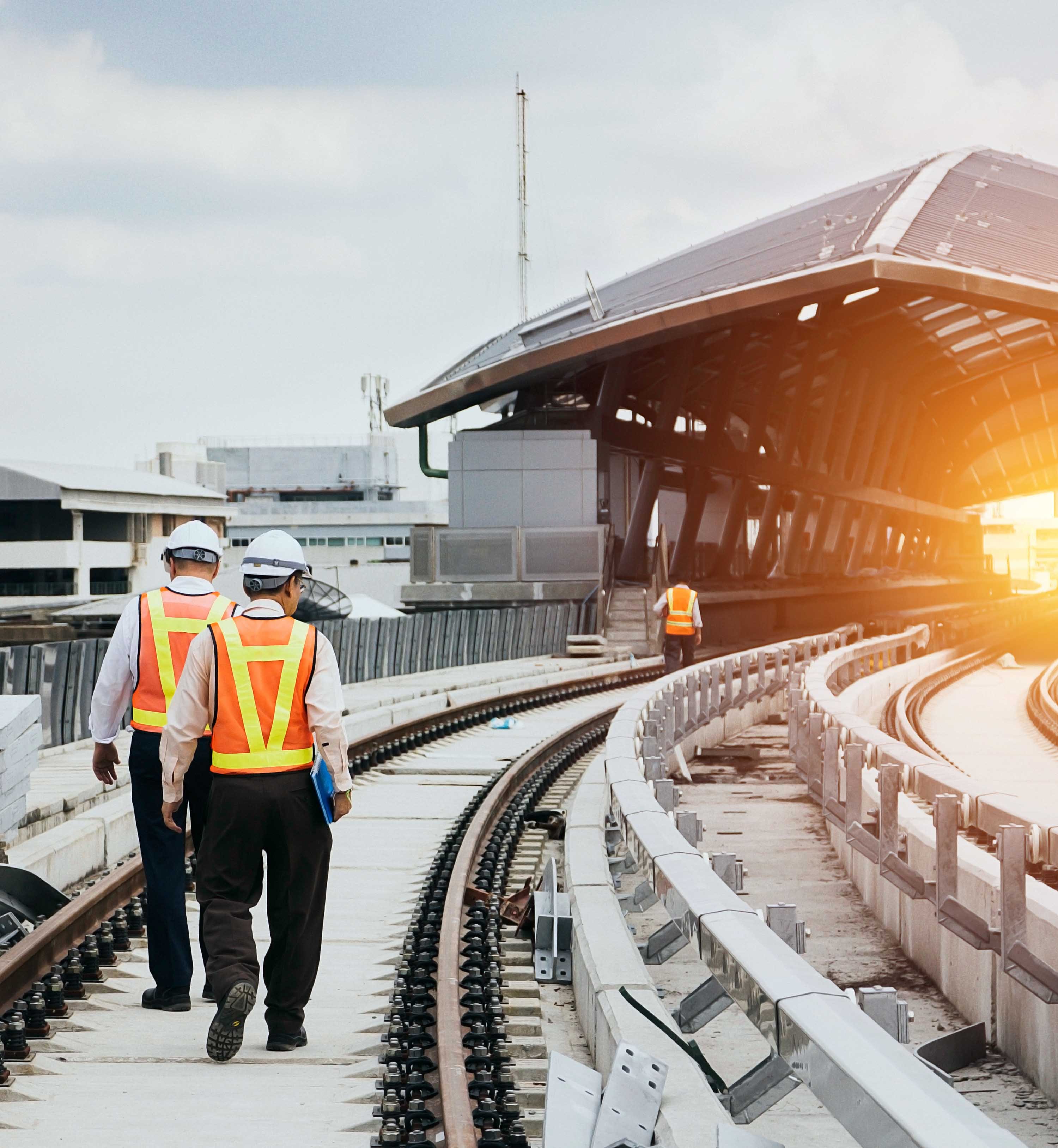Are you ready to design the future of transportation and revolutionise how the world moves? Explore the world of Transportation Engineering, where your skills and knowledge will drive the development of smooth and sustainable mobility. As a Transportation Engineer, you will have the opportunity to create groundbreaking solutions that redefine the way people and goods navigate through our interconnected landscapes.
Hardware Engineer Energieversorgung (w/m/d)
Location: Wien
Branche: Renewable Energy
Expertise: Research & Development
Experience: 2 years
Als Hardware Engineer (w/m/d) verantworten Sie die Projektierung der elektrotechnischen Ausrüstung von Energieversorgungsprojekten unter Einhaltung aller technischen Anforderungen, Normen und Kundenvorschriften. Selbstständig erstellen Sie Stromlaufpläne, Aufbaupläne und Verkabelungslisten. Sie unterstützen bei der elektrotechnischen Kalkulation und dem Angebotswesen. Die Organisation des Schaltschrankbaus sowie die Abstimmung der elektrotechnischen Arbeiten mit den anderen Gewerken ist ebenso Teil Ihres Verantwortungsbereichs.
Industrial Engineer (w/m/d)
Location: Stuttgart
Branche: Machine & Plant Design
Expertise: Production & Manufacturing
Experience: 2 years
Entwicklung und Planung des Layouts für einen neuen Standort zur Montage unter Berücksichtigung von Produktionsanforderungen, Logistik und zukünftiger Skalierbarkeit Optimierung der Produktionsfläche hinsichtlich Effizienz, ergonomischem Arbeitsfluss, Materialtransportwegen und Einhaltung von Sicherheits- und Arbeitsschutzvorschriften Koordination und enge Zusammenarbeit mit interdisziplinären Teams, einschließlich Produktion, Logistik, Qualitätssicherung und Engineering, zur Sicherstellung technischer Anforderungen und Produktionsziele Durchführung von Prozessanalysen bestehender Abläufe zur Identifikation von Verbesserungspotenzialen und Ableitung geeigneter Maßnahmen zur Effizienzsteigerung Entwicklung von Layout- und Flächenkonzepten mithilfe gängiger Planungstools und Präsentation der Ergebnisse gegenüber internen Stakeholdern Begleitung der Umsetzung vor Ort sowie Überwachung der Einhaltung von Zeitplänen und Budget
SCADA Engineer (m/w/d)
Location: Bielefeld
Branche: Machine & Plant Design
Expertise: Planning & Testing
Experience: 3 years
Konzeption, Entwicklung und Implementierung von SCADA-Systemen Visualisierung von Prozess- und Produktionsdaten Anbindung von SPS- und Leitsystemen Datenanalyse und Optimierung von Anlagenprozessen Unterstützung bei Inbetriebnahmen und Systemtests Pflege und Weiterentwicklung bestehender SCADA-Lösungen
SCADA-Engineer (w/m/d)
Location: Marburg
Branche: Life Sciences
Expertise: IT & Shared Services
Experience: 2 years
Entwicklung von SCADA-Visualisierungssoftware für innovative Produktionslinien der Pharma-Industrie - inklusive der Sicherstellung der Umsetzung Hauptansprechpartner für internationale Kunden im Verantwortungsbereich Installation von Netzwerken, deren Komponenten und Computern Inbetriebnahme von SCADA-Visualisierungssystemen Durchführung von Funktionstests der Visualisierungssysteme - sowohl inhouse als auch beim Kunden vor Ort Dokumentation der Ergebnisse der Inbetriebnahme und Tests Analyse und Behebung von Störungen und Fehlern
What is transportation engineering?
Transportation engineering is a field of civil engineering dedicated to planning, designing, constructing, operating, and maintaining transportation systems. These systems include but are not limited to highways, roads, railways, public transportation systems, traffic control systems, automated transport systems, oil pipelines, space transport systems, and harbours. From airports to seaports, transportation engineers play an essential role in optimising traffic flow, improving mobility and safety, and ensuring the environmental friendliness of transportation systems.
Transportation engineer job role
Transportation engineers are concerned with developing, designing, constructing, operating, and maintaining transportation systems that prioritise the safety of users while meeting the economic and environmental needs of various communities. Their responsibilities include the analysis and evaluation of traffic signals, traffic models, environmental impact evaluations, construction plans for new transportation systems, investigations into traffic problems, and cost estimations of labour, material, and equipment.
Transportation engineer responsibilities
As a transportation engineer, you will be at the forefront of designing and shaping the lifelines of modern society. Your role involves:
- Analysing demographic data, travel patterns, and legislative factors to lay the groundwork for transportation projects that meet diverse community needs.
- Translating concepts into tangible plans for new transportation networks, integrating cutting-edge technologies for efficiency and sustainability.
- Overseeing construction projects to ensure adherence to safety standards and conducting inspections upon completion.
- Identifying traffic bottlenecks, safety hazards, and environmental impacts, and devising innovative solutions to enhance mobility and reduce emissions.
- Engaging with contractors, local organizations, and the public to ensure projects align with the community's vision and needs.
- Using advanced modelling tools to simulate transportation scenarios, forecast impacts, and fine-tune designs.
Transportation engineer qualifications
To become a transportation engineer, you'll often need the following qualifications:
- A bachelor's or graduate degree in civil engineering, electrical engineering, or a related field.
- Expanding your expertise might involve pursuing advanced postgraduate studies to specialise in the field of transportation engineering.
- Expertise in AutoCAD, VISSIM, and relevant software to bring your designs to life.
Transportation engineer skills
To succeed as a transportation engineer, you’ll need a particular set of skills, including:
- Excellent critical thinking skills
- Strong communication skills
- The ability to work on solutions to complex problems
- Detail-oriented personality with a strong work ethic
- Analytical skills
- Leadership capabilities
- A team-oriented working style
- Adaptability to changing technologies
- Project management skills
- An in-depth knowledge of costs related to transportation project planning and development
